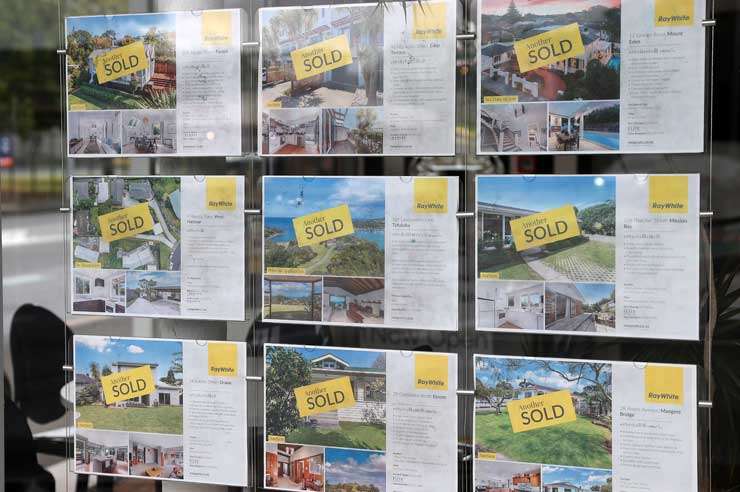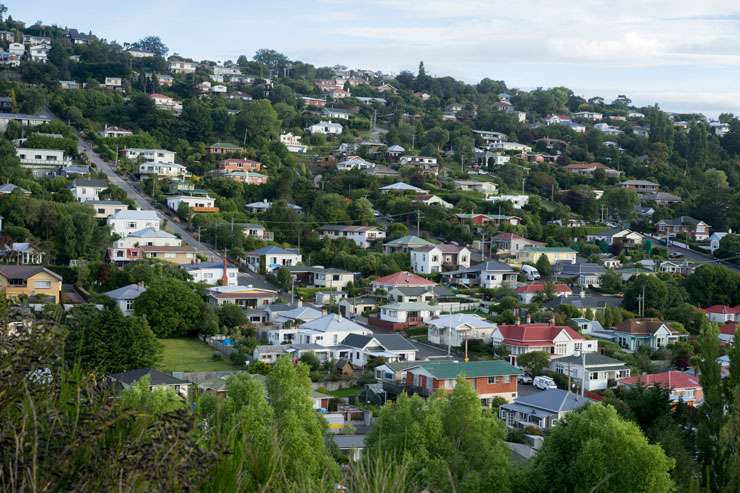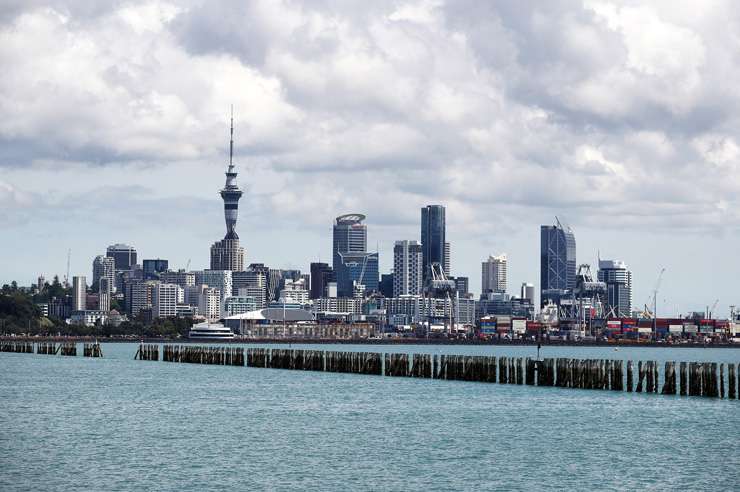Virtually every home sold in the second quarter of this year scored a profit.
Nationally, the median profit was $347,500, while the median loss was just $20,000, according to a new report on property resales.
CoreLogic’s latest Pain and Gain report found that 99% of resales in the three months to June 30 were at a profit, up from 98.9% in the first three months of the year.
Wellington homeowners recorded the biggest profits, enjoying a median gain of $535,000. The median gain in Auckland was $490,000 and $437,500 in Tauranga. In Hamilton and Dunedin the median resale gain was $360,000 or more, while Christchurch median resale gain was $220,000.
Start your property search
The report's author, CoreLogic chief property economist Kelvin Davidson, said that in the last 25 years there had never been as many resellers making gross profits from real estate sales.
“The current level of pain in the market is more like being tickled with a feather than a serious cut,” he said.
He added: “The June quarter results are on top of previous gains, which means anyone who’s held their property for the traditional seven to 10-year period will inevitably sell for substantially more than they paid.”
Davidson stressed that the profits pocketed in the second quarter of the year would have been the result of long-term ownership and that majority of owner-occupiers would have needed the big gains to afford their next purchase.

Low interest rates have fuelled a record house price jumps in the last 12 months. Photo / Fiona Goodall
Nick Goodall, head of research at Corelogic, said that Kiwi homeowners shouldn’t expect to keep scoring record profits, with house price growth already starting to drop, from 8.1% at the end of April to 5.9% by July 30.
Goodall noted that there were headwinds building in the residential property market, including the reintroduction of loan to value ratio (LVR) restrictions, the removal of tax deductions for investors and likely big rises in interest rates once the country emerges from the current lockdown.
He said that rising prices was also putting pressure on budgets. “Fewer and fewer people will be able to stretch the limits and keep buying property at the same rate,” he said.
Goodall said that Dunedin was at most risk of moving into pain territory. “There's actually more properties available for sale today at the [city’s] median [sale price] than they were two years ago.” What’s more many of these properties are old and might not be up to the government’s healthy homes standards.

Dunedin’s homeowners are most at risk of feeling resale pain in the future. Photo / Getty Images
Goodall predicts New Zealand’s property market will emerge from lockdown still growing. This time, however, the government is doing far less to stimulate the market. “The reaction from government this time has been one of support, but not necessarily the stimulus that was put into the market [after the first lockdown in 2020].
“We’re not expecting people to come bouncing out of lockdown and suddenly the property market takes off again,” Goodall said.
“At this stage (government support) is the wage subsidies and direct business support. Last year we saw the emergency drop of the OCR (official cash rate), we saw the LVR limits reduced and a mortgage deferral scheme introduced. And there was all the government bond buying, which kept interest rates low. They’ve stopped doing that now.”
However, if the lockdown lasted longer than currently expected, the Government may offer more measures that could stimulate the market.

Auckland’s median resale profit for the second quarter of 2021 was $490,000. Photo / Fiona Goodall
Goodall said that the last time homeowners suffered widespread pain was after the global financial crisis (GFC), when prices dropped significantly, and some homeowners were in trouble.
However, the scenario now is that house prices are still growing, albeit more slowly than 12 months ago, meaning the number of sellers feeling pain in the next 12 months is unlikely to increase.
Across New Zealand properties resold for a gross profit in the three months to June 2021 had been owned for a median period of 7.4 years.
While the ownership period remained unchanged from the previous two quarters, hold periods for resale gains have reduced since the peak median hold period of 8.5 years was recorded in Q4 2015.
For loss-making resales, the median hold period was 3.9 years, up from 3.5 years in the first quarter of the year.
Resale losses were less common in all main centres and far smaller than historical averages. Wellington for example had a median resale loss of just $9,000.










